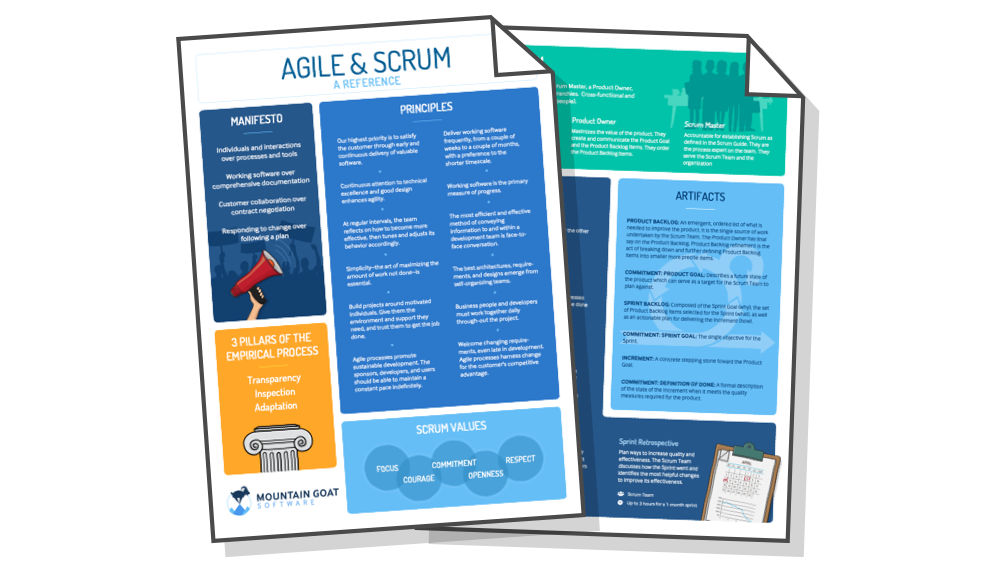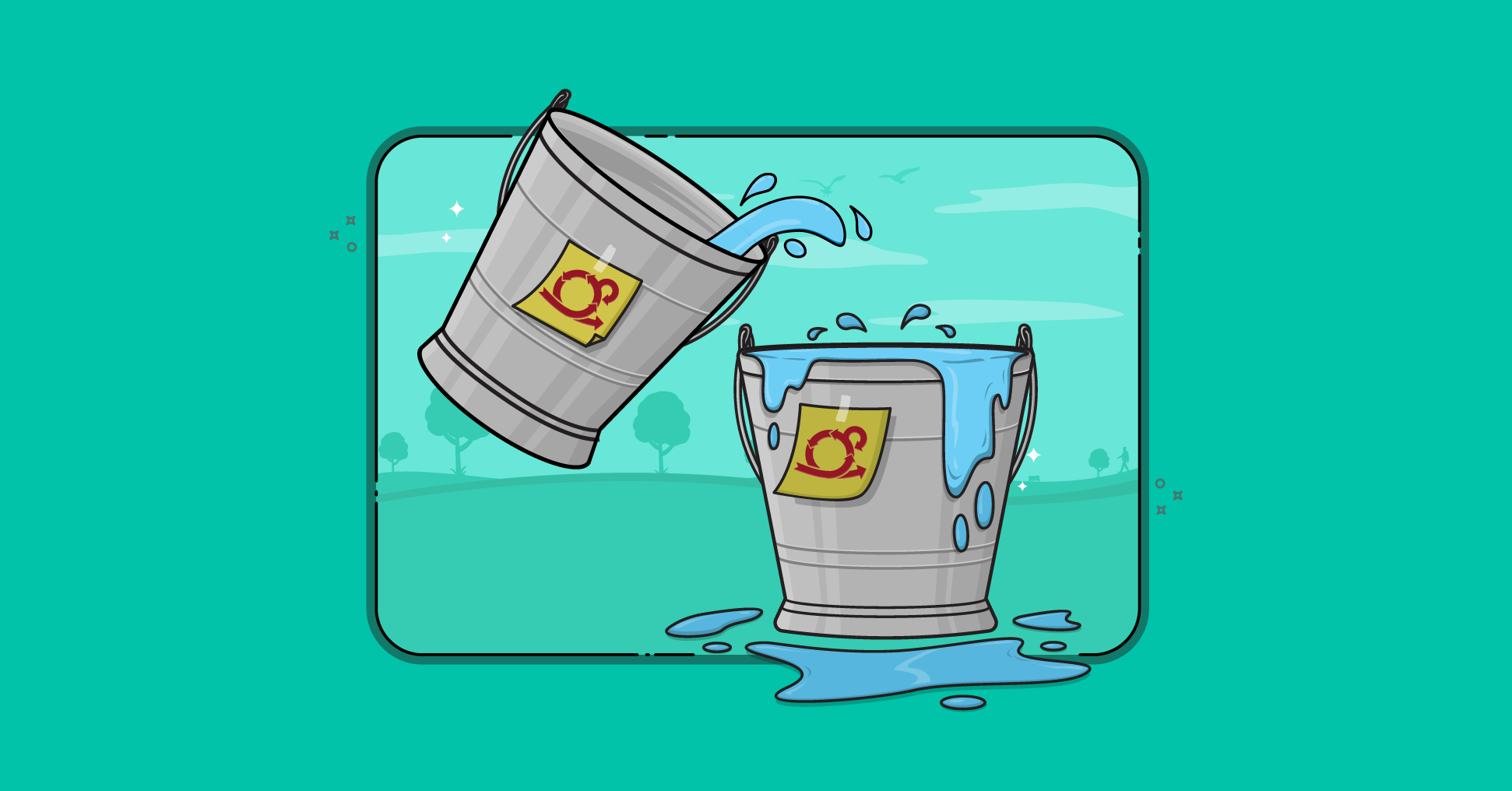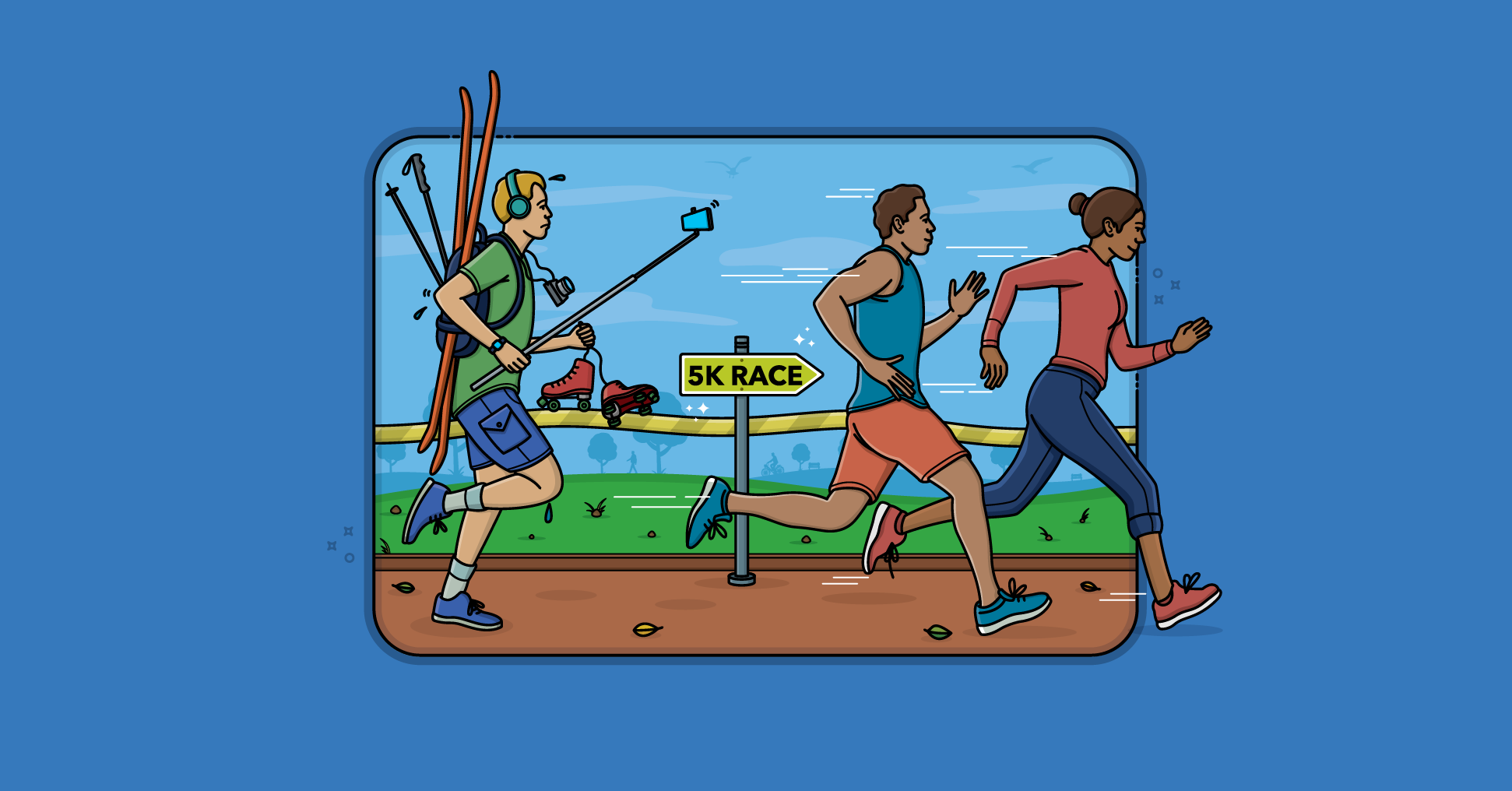Some teams like to number their sprints. Most simply use integers: Sprint 1, Sprint 2, Sprint 3... But I've also seen teams use things like Sprint 1.1 and 1.2 to indicate the first and second sprints of the first release of a product. The second release would start over with Sprint 2.1.
I've also seen teams date-stamp their sprints. A sprint ending on 18 May would be known as the "18 May" sprint. Most teams doing this use the ending date of the sprint rather than the starting date of the sprint. Knowing how much time they have left is more helpful to teams than knowing when they started.
Still other teams will name their sprints. The name is a shortening of the sprint goal (which usually is fairly short already). So a team may have the "Shopping Cart Sprint" or the "Invoice Management Sprint."
One of the most creative things I've seen teams do is to forgo numbering, naming or date-stamping their sprints and instead pick a theme song for the sprint. The song, of course, has to have something to do with the work of the sprint. Here are a few of the sprint theme songs I've seen teams use and what they were for:
- "Time Is On My Side" by The Rolling Stones for a sprint focused on performance tuning
- "You Can't Always Get What You Want" also by The Rolling Stones. This was used ironically as the team was engaged in a multi-sprint effort focused specifically on features customers had asked for.
- "Turning Japanese" by The Vapors for a two-sprint effort to internationalize a commercial product.
- "I Ran" by A Flock of Seagulls for a team doing a bug-fixing sprint including fixing a couple of bugs that would crash the system.
- "Lola" by The Kinks for a sprint in which the team was attempting to give their customers "more than they expected."
- "Who Are You" by The Who for a team making big changes to their application's existing permissions subsystem.
Last update: June 24th, 2024








